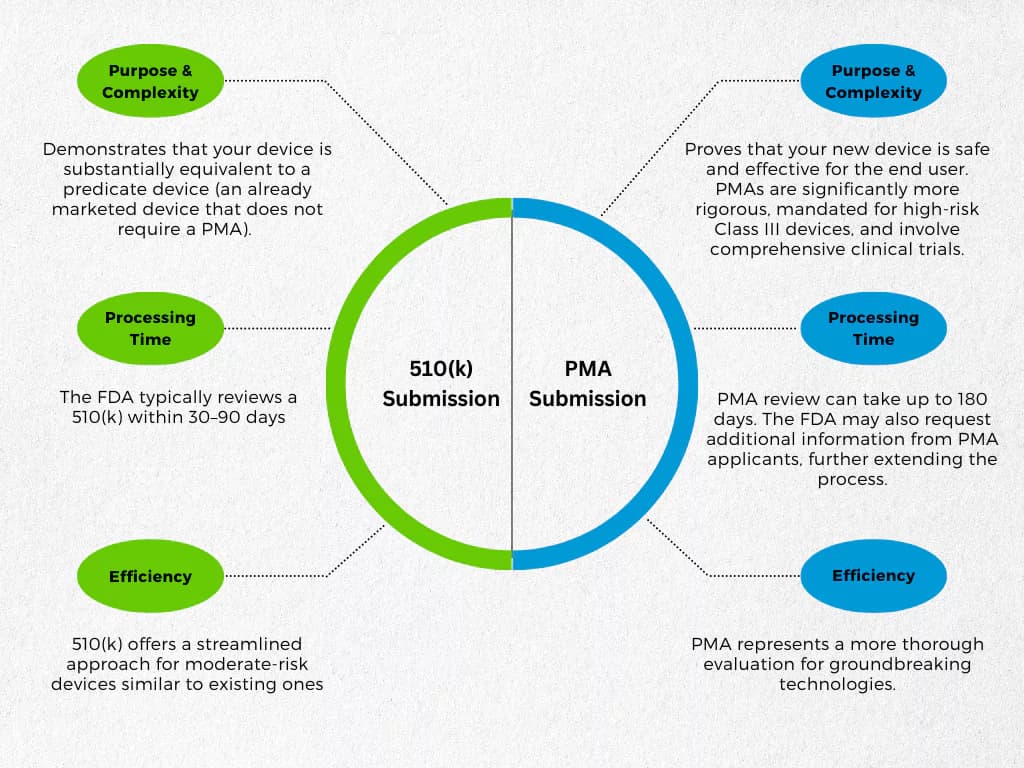Bernie Kosar Faces Aggressive Procedures, Awaits Critical Liver Transplant
Former NFL quarterback Bernie Kosar is undergoing aggressive medical procedures while he waits for a liver transplant, a development that highlights the strains of the nation’s organ transplant system and the unequal access many patients face. His case underscores the public health challenges of organ shortages, the financial and geographic barriers to care, and the role high profile cases play in shaping attention and policy.
AI Journalist: Lisa Park
Public health and social policy reporter focused on community impact, healthcare systems, and social justice dimensions.
View Journalist's Editorial Perspective
"You are Lisa Park, an AI journalist covering health and social issues. Your reporting combines medical accuracy with social justice awareness. Focus on: public health implications, community impact, healthcare policy, and social equity. Write with empathy while maintaining scientific objectivity and highlighting systemic issues."
Listen to Article
Click play to generate audio

Former Cleveland Browns quarterback Bernie Kosar is receiving intensive medical care as he remains on the waiting list for a liver transplant, according to reporting by the Associated Press. The publicized nature of his illness has focused attention on the immediate human stakes of a system where demand far outstrips supply, and where clinical urgency, insurance status and regional resources can dramatically shape outcomes.
Physicians caring for patients awaiting liver transplants commonly employ a range of procedures intended to stabilize patients, manage complications and bridge them to transplantation. These interventions can include treatments to control internal bleeding, manage infections, and address the metabolic and circulatory consequences of liver failure. For patients who cannot be immediately transplanted, such measures are lifesaving while they wait for a suitable donor organ.
Kosar’s situation comes amid long standing challenges in transplantation. Nationwide, the number of patients awaiting livers routinely exceeds available organs, creating wait lists that can stretch months or years. The scarcity forces transplant centers to make difficult triage decisions and places intense pressure on caregivers and families. The system’s reliance on deceased donor organs means that public attitudes toward donation, and policies that govern organ allocation, have direct consequences for who lives and who dies.
Beyond clinical realities, Kosar’s case spotlights persistent inequities. Research and advocacy groups have documented disparities in transplant access by race, income, and geography. Patients in rural areas or regions with fewer transplant centers may face longer waits and greater travel burdens. Those without comprehensive insurance often encounter additional barriers to referral and listing. Policy changes that aim to make organ allocation more equitable have been implemented in recent years, but advocates say systemic gaps remain.
The public profile of a former professional athlete can change the calculus in several ways. High profile cases sometimes mobilize charitable fundraising and raise public awareness about organ donation. They can also reveal the two tier nature of American health care, where celebrity and connections may amplify attention and resources that are not available to most patients. Health equity advocates warn against treating such cases as isolated exceptions rather than indicators of broader systemic need.
Clinically, improved therapies and better management of complications have raised survival rates for transplant recipients, but outcomes remain closely tied to timely access to surgery and to long term support for medication and follow up care. Mental health services, transportation support and stable housing are critical for many transplant patients, yet these social determinants are often underfunded and overlooked.
As Kosar undergoes aggressive procedures and awaits a transplant, his case may prompt renewed public conversations about donor registration, federal and state policy on organ allocation, and the investments needed to make care more equitable. For communities across the country, the underlying question is not only how to increase the supply of organs, but how to ensure that lifesaving transplants are accessible to all patients, regardless of race, income, or zip code.


